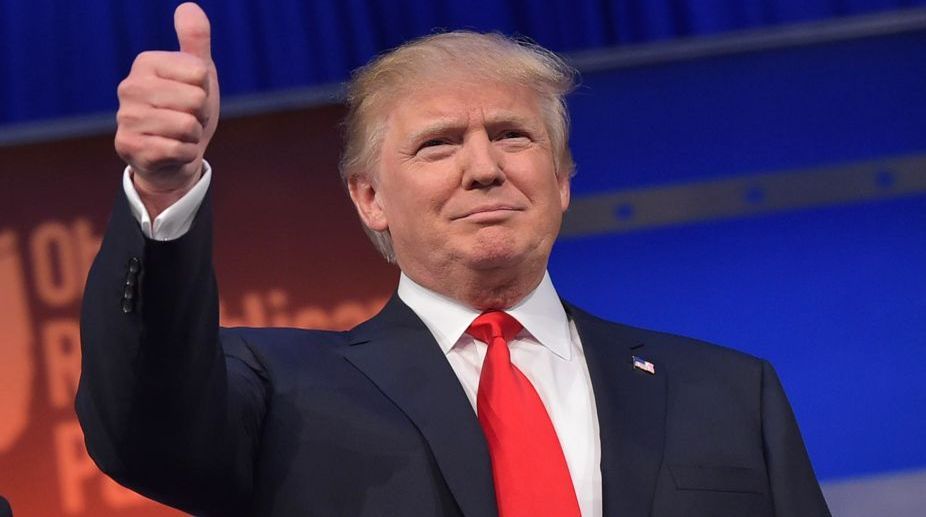An appeals court has allowed President Donald Trump’s latest travel restrictions to partly take effect, ruling that the government can bar entry of people from six majority-Muslim countries with no ties to the US.
In a brief order on Monday, a three-judge panel of the San Francisco-based US Court of Appeals for the 9th Circuit temporarily put on hold part of a lower court’s decison, from a judge in Hawaii, that had nearly completely blocked the government from enforcing the ban, the New York Times reported.
Advertisement
The judges said the government could implement the ban, except on “foreign nationals who have a credible claim of a bona fide relationship with a person or entity in the US”.
They said such people include grandparents, grandchildren, brothers-in-law, sisters-in-law, aunts, uncles, nieces, nephews and cousins of people in the US.
The restrictions will apply to travellers from Chad, Iran, Libya, Somalia, Syria and Yemen. It also blocks travel by certain Venezuelan government officials and most North Koreans; courts have not stopped the administration from enacting the restrictions on those countries.
Justice Department spokeswoman Lauren Ehrsam said: “We are reviewing the court’s order, and the government will begin enforcing the travel proclamation consistent with the partial stay.”
She added that the administration, which continues to appeal the lower court’s ruling, believes that the ban “should be allowed to take effect in its entirety”, regardless of whether someone has a tie to the US.
In unveiling the third version of the travel ban in late September, the administration said that the eight countries did not share with the US information to enable proper screening of their nationals.
It crafted the latest policy after judges ruled that the previous two versions were unconstitutional attempts to bar Muslims from the country and violated the Constitution.
A day before the newest ban was to go into effect in October, Judge Derrick K. Watson of Federal District Court in Honolulu issued a nationwide order that froze most of it.
A day later, a federal judge in Maryland issued a similar but narrower order, which halted the ban only for people with bona fide ties to the US.
Both judges deemed the ban to be discriminatory against Muslims and similar to the previous ones.
The Trump administration appealed both decisions, citing national security concerns. It said that it was not trying to bar Muslims from entering the US, but rather to exercise control over who enters from some of the world’s most menacing countries.
The Ninth Circuit’s decision on Monday limits the scope of the Hawaii injunction and brings it in line with the one issued in Maryland.
The Supreme Court was scheduled to review the second version of the ban when Trump issued the third, and legal experts believe the latest version will reach the top court.











